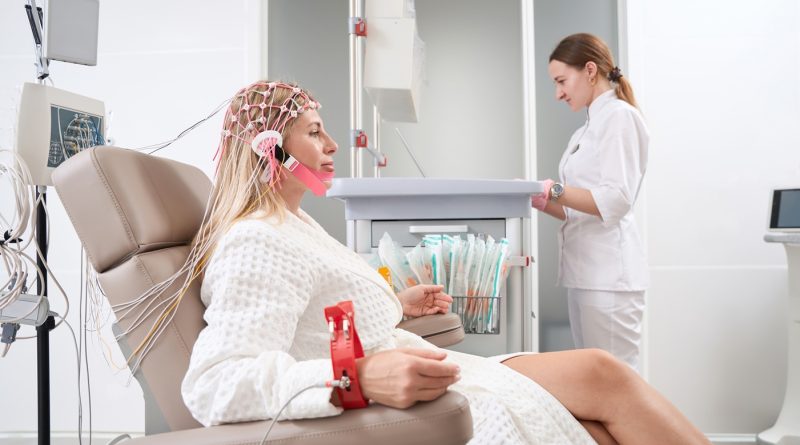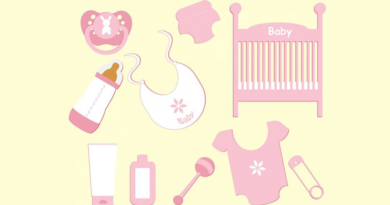Preventing the Storm: Prophylactic Therapy for Hereditary Angioedema
Hereditary angioedema (HAE) is a rare but serious genetic condition characterized by sudden and severe swelling in various parts of the body. Effective management of HAE revolves around preventing these swelling attacks, which can be life-threatening when they occur in the airway. Hereditary angioedema treatment typically includes on-demand therapy and prophylactic (preventive) measures to reduce the frequency and severity of attacks. Prophylactic therapy is a cornerstone in HAE management, aiming to improve quality of life and reduce the burden of disease.
Understanding the Basics of Hereditary Angioedema
Hereditary angioedema comes from not having enough C1 inhibitor protein or when it doesn’t work right. This protein is real important for controlling inflammation and the vascular system. If there isn’t enough working C1 inhibitor, patients get uncontrolled swelling. This fluid builds up in the tissues. These swelling attacks can hit the limbs, face, gut, and airways. They’re painful and can last for days.
The way these attacks just happen out of nowhere really messes with people’s everyday lives. Because of this, having good preventive treatment is key to manage this condition over the long term. It helps people keep doing their usual activities.

Corporate Wellness App
CircleCare
The Importance of Prophylactic Therapy
Prophylactic therapy for hereditary angioedema is about stopping swelling attacks before they start. It’s not just about dealing with symptoms when they pop up. Regularly taking preventive meds can really cut down on how often attacks happen. Sometimes, it might stop them altogether. This is super important for people with bad or frequent attacks. It makes their health situation more stable and predictable.
By cutting down on attacks, prophylactic therapy makes life better for patients. It also means they don’t need to rush to the emergency room as much. That can save money and avoid a lot of hassle.
Advancements in Prophylactic Treatments
There have been some cool new steps forward in treating hereditary angioedema. A big focus has been on better and easier-to-take prophylactic options. For example, Pharvaris has been working on new drugs that people can take by mouth. These could be a great change from the injectable treatments that are common now.
These new pills either act like the C1 inhibitor or block the stuff that starts the swelling. This way, they keep the protection up against attacks. Being able to take them by mouth is a big plus. It could help people stick to their treatment plans better.
Tailoring Treatment to Individual Needs
Every person with HAE has their own experience with the condition. This means they need treatment plans made just for them. Things like how bad and how often attacks happen, what kind of life they lead, and what triggers their swelling need to be thought about. Doctors have to keep all this in mind when they choose a treatment. It’s got to work for the patient’s specific situation.
Keeping track of how things are going and talking regularly with healthcare providers is part of tweaking the treatment plan as needed. This helps make sure the treatment works well and keeps side effects low. This customized approach makes sure every patient gets the best possible preventive treatment.
Combining On-Demand and Prophylactic Therapy
While prophylactic therapy is key for managing hereditary angioedema, it often goes hand in hand with on-demand treatments. These are used right when an attack starts. Using both types of treatment makes sure patients are covered. They help against both sudden symptoms and long-term episodes.
Teaching patients how to mix these therapies and spot early signs of an attack is very important. This knowledge lets patients take charge of their condition. It helps them keep a better quality of life.
The Role of Lifestyle and Trigger Management
Besides medicine, managing lifestyle and triggers is big in controlling hereditary angioedema. Patients should steer clear of stuff that sets off attacks. This could be stress, certain meds, or physical hits. Making changes in diet and how to handle stress can cut down on attack frequency.
Teaching patients to know and avoid their triggers is a huge part of care. Knowing what makes their condition worse lets patients avoid these things. This might even let them use less medicine.
Emerging Research and Future Directions
There’s ongoing research into the roots of hereditary angioedema. This includes the genetic and molecular sides. Understanding these could lead to more focused and effective treatments. Advances in genetic therapy and personalized medicine are promising. They could lead to treatments that are right for the genetic details of each patient.
The aim of this research isn’t just to manage HAE better but maybe even cure it. Keeping up the investment in research and development is vital. It gives hope to those dealing with this tough condition.
Conclusion
Prophylactic therapy is crucial in managing hereditary angioedema. It aims to stop attacks before they begin. This really improves the lives of patients. With new treatments being made, like those from Pharvaris, patients have more ways than ever to handle their symptoms and live well. Tailored treatments, patient education, and ongoing research are key to making things better for those with this rare but serious condition.








